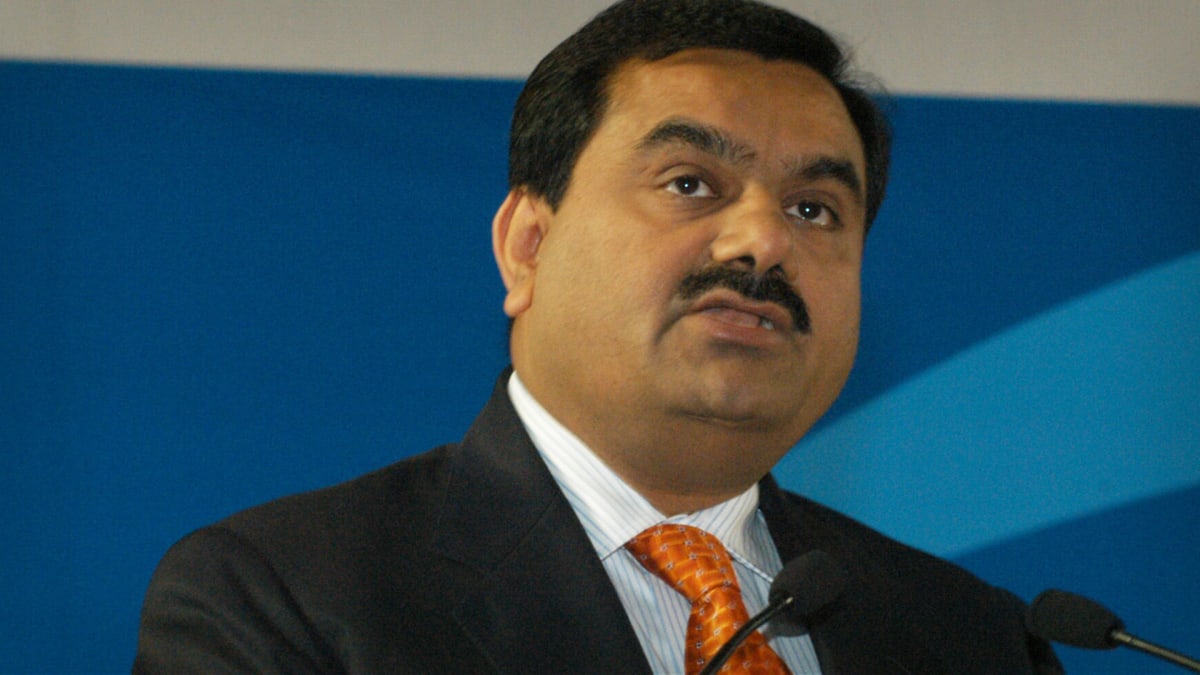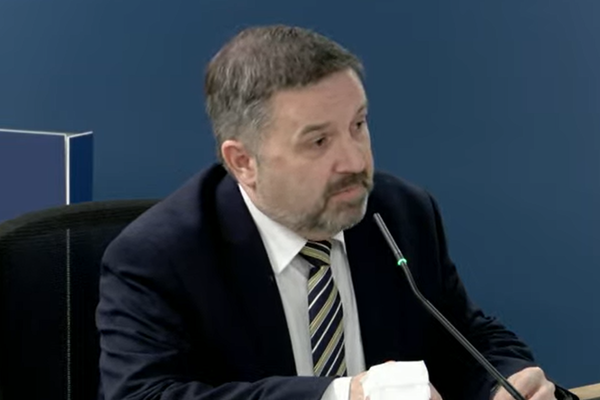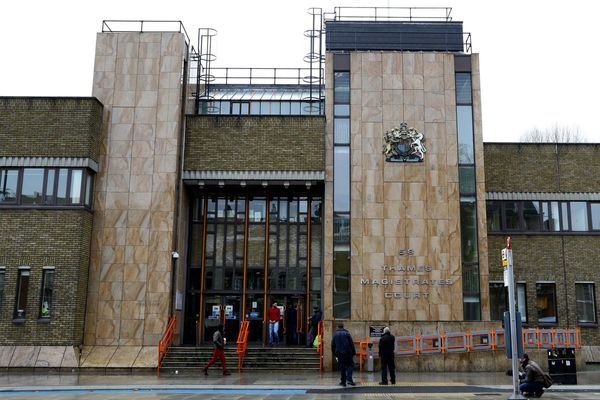
Indian billionaire Gautam Adani's empire has had no time to catch its breath.
Since the New York short-seller Hindenburg Research on Jan. 24 aired allegations of fraud, stock market manipulation and money laundering, Adani Group has faced an endless stream of bad news.
While the Indian conglomerate, the expansion of which has coincided with Prime Minister Narendra Modi's development ambitions for the country, hoped for a lull after relatively flat stock-market sessions last week, the scandal resurfaced.
Credit-rating provider Moody's Investors Service has downgraded the outlook for the financial strength rating of four Adani Group entities due to a "significant and rapid decline” in their market values.
Adani Green Energy has seen its outlook go from stable to negative. This is also the case for Adani Transmission Step-One, Adani Electricity Mumbai, and Adani Green Energy Restricted Group – an entity that includes Adani Green Energy, Parampujya Solar Energy, and Prayatna Developers.
"These rating actions follow the significant and rapid decline in the market equity values of the Adani Group companies following the recent release of a report from a short-seller,” Moody’s said.
'Limited Headroom'
If Moody's does not mention the name Hindenburg Research, it nevertheless makes clear that the questions the New York investment firm raised have fueled its thinking. It talked about a "recent release of a report from a short-seller highlighting governance concerns in the Group.”
Moody's is concerned about the major spending programs of these entities that will push them into debt. And the agency wonders whether the current context is favorable to raising funds under favorable conditions for the Adani Group entities.
"The negative outlook also factors in the company’s significant refinancing needs of around $2.7 billion in fiscal year ending March 2025 and limited headroom in its credit metrics to manage any material increase in funding costs,” it said.
The conglomerate has also received bad news from the stock market, where global index provider MSCI has indicated that it will reduce the weight of Adani Enterprises, the flagship of the Adani empire, and three other Adani entities in its indexes.
The conglomerate has also just halved its revenue-growth target and plans to hold off fresh capital expenditure, according to Bloomberg News.
Adani Group is now aiming for revenue growth of 15% to 20% for the next financial year, against 40% expansion previously announced. Capital-expenditure projects will also be scaled back considerably.
Adani Group did not respond to a request for comment.
The new targets suggest that Gautam Adani is temporarily giving up on the aggressive international expansion he was planning for this year.
The tycoon, who is still not well known in the West, wanted to build the group's international profile in 2023 by investing in many countries. For example, Adani Group has just finalized the takeover of the Port of Haifa in Israel for $1.15 billion.
Stock-Market Rout Continues
Adani and the conglomerate seem to want to focus on repaying their huge debt and regaining investors' confidence, which was damaged by the accusations from Hindenburg Research. They have the opportunity to confirm this turn when Adani Enterprises reports results, scheduled for Feb. 14.
Meantime, on Feb. 13 the stock-market rout of the conglomerate resumed on the Mumbai stock exchange. Adani Enterprises lost 7%, while Adani Green Energy dropped 5%. Adani Total Gas and Adani Transmission both lost 5%. The other entities of the Adani Empire also ended the session down.
Since Hindenburg's allegations, which Adani Group denies, the conglomerate has lost more than $127 billion in market capitalization. The personal fortune of Gautam Adani, which had reached $150 billion last September, making him the second richest man in the world at the time, has dropped sharply. His net worth is currently estimated at $55.8 billion according to Bloomberg Billionaires Index.
Allegations by Hindenburg; Adani's Response
The conglomerate said on Feb. 6 that Adani and his family prepaid $1.11 billion of loans to release pledged shares across three firms. The conglomerate also plans to prepay a $500 million bridge loan due next month, according to Bloomberg News.
Hindenburg Research on Jan. 24 said that it had shorted stocks of the Adani conglomerate through U.S.-traded bonds and non-Indian-traded derivative instruments. This means that the New York-based investment firm, a well-known short-seller, is betting on a short-term drop in the prices of these equities.
The short-seller claims that the conglomerate has used shell companies in tax havens to boost its revenue and manipulate the stock prices of its various entities. The report describes a galaxy of shell entities based in the Caribbean, Mauritius and the United Arab Emirates controlled by the Adani family.
"We have uncovered evidence of brazen accounting fraud, stock manipulation and money laundering at Adani, taking place over the course of decades," Hindenburg wrote.
"Adani has pulled off this gargantuan feat with the help of enablers in government and a cottage industry of international companies that facilitate these activities."
Adani Group has rejected the allegations as baseless and has threatened to pursue all possible legal remedies in Indian courts. The conglomerate also went so far as to say that India was the target of Hindenburg.
"This is not merely an unwarranted attack on any specific company but a calculated attack on India, the independence, integrity and quality of Indian institutions, and the growth story and ambition of India," Adani Group said, in a 413-page report, on Jan. 29.







